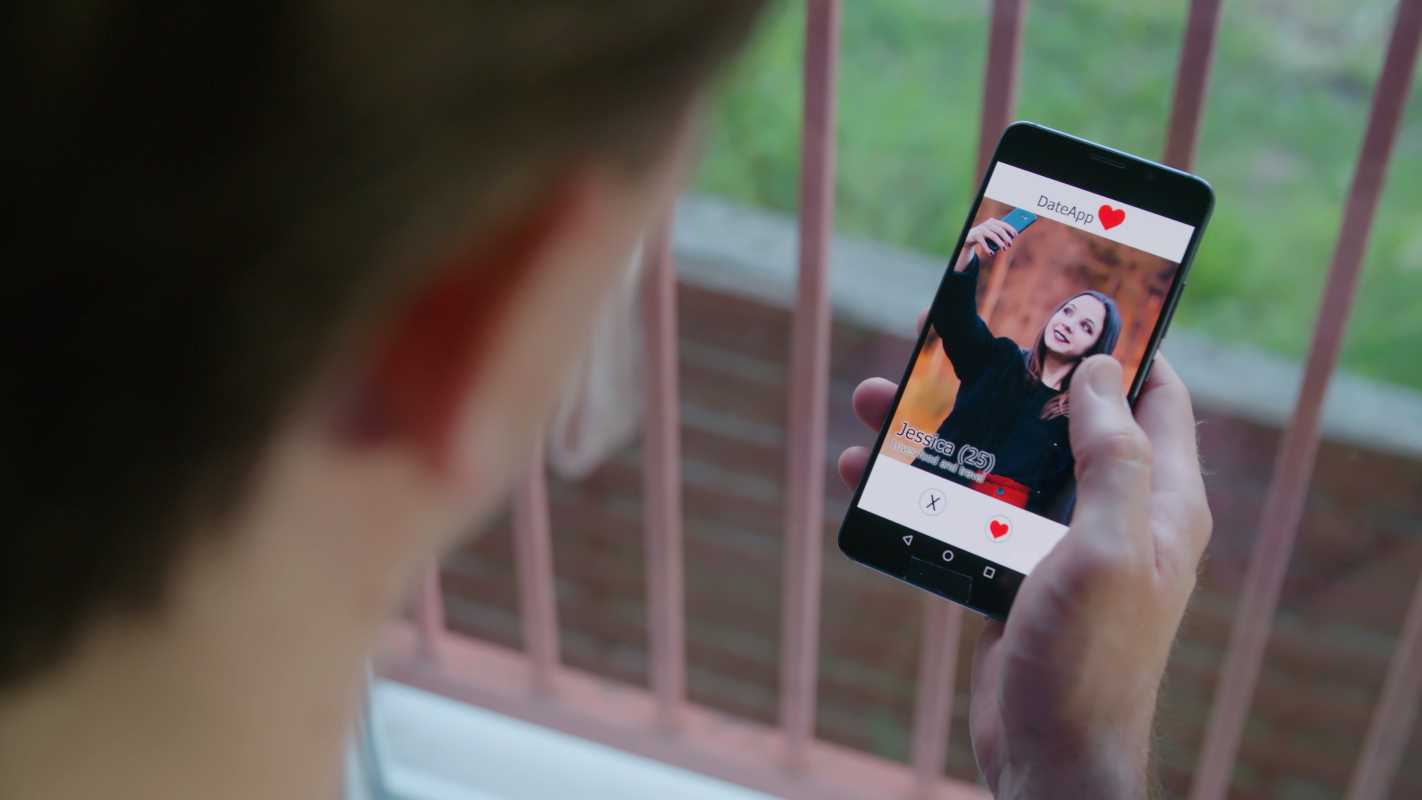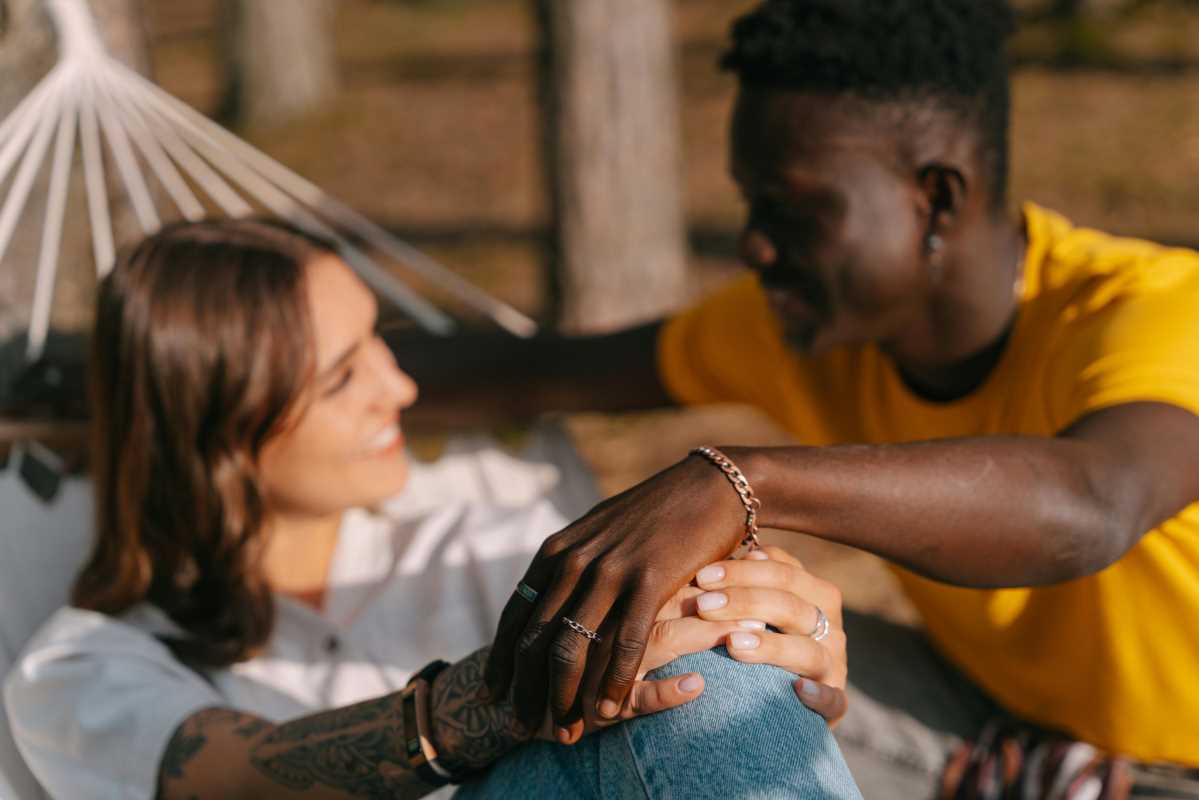First dates can be a mix of emotions—exciting, nerve-wracking, and full of possibilities. They’re a chance to connect, share laughs, and learn about someone new, but they can also feel like navigating a social minefield. How much should you share? Do you play it cool, or open up a little to build trust? Being vulnerable is important for establishing a connection, but there’s a fine line between sharing enough to spark meaningful conversation and oversharing to the point of making the other person uncomfortable. The good news is that mastering this balance isn’t as tricky as it might seem. With a little self-awareness and thought, you can create an open, authentic connection without going overboard.
Start with Light Layers of Vulnerability
Vulnerability is the key to emotional connection, but on a first date, it’s important to go slow. Think of vulnerability as peeling back the layers of an onion rather than throwing all the onions at once. Sharing small, genuine tidbits about yourself allows your date to feel like they’re getting to know the real you without feeling overwhelmed.
Start with positive or light-hearted anecdotes that give a glimpse into who you are. A childhood memory, your favorite hobby, or a personal goal can all make great starters. These kinds of shares reveal your personality and interests while keeping the conversation easy and low-pressure. Remember, vulnerability doesn’t always mean heavy topics; it can just mean being honest about the little things that make you, you.
Read the Room (Or the Dinner Table)
The way your date reacts to what you share can tell you a lot about where their comfort zone is. Pay attention to their body language, facial expressions, and overall vibe. Are they leaning in, nodding, or asking follow-up questions? That’s a green light to keep the conversation flowing. If they seem distracted, hesitant, or eager to change the subject, it might be time to switch gears.
Being vulnerable is a two-way street, so take cues from what your date is sharing too. If they’re opening up about their passion for hiking or their love for their dog, it’s a good time to chime in with your own relatable stories. Keeping the conversation balanced ensures neither person feels like they’re playing therapist or being put on the spot.
Save the Heavy Stuff for Later
While honesty is essential in any budding relationship, a first date may not be the best time to unpack your most personal struggles or life’s deepest challenges. Talking about heartbreak, trauma, or other emotionally intense topics too soon can feel overwhelming for someone you’re just getting to know. These are important conversations, but they’re better saved for when trust and comfort have had time to develop.
Instead, focus on upbeat stories or even little vulnerabilities that are endearing rather than heavy. Admit that you were nervous before meeting, confess a funny first-date fail from the past, or share something quirky about yourself, like your inability to keep plants alive. These moments of honesty can build a genuine connection without being too intense.
Ask Thoughtful Questions
One of the best ways to be vulnerable without oversharing is to turn the focus outward. Thoughtful questions show that you’re curious about your date and value what they have to say. Asking about their biggest passions, happiest memories, or proudest accomplishments can create a meaningful back-and-forth while keeping the tone positive and engaging.
Not only does this approach help balance the conversation, but it also takes the pressure off you to fill every silence with personal confessions. Plus, listening with genuine interest opens the door for deeper connection over time. Sharing is important, but showing that you care about their story is just as powerful.
Know What’s Off-Limits
Boundaries are key to navigating first-date conversations. While it’s great to share pieces of yourself, it’s also important to know where to draw the line between being open and oversharing. Topics like finances, controversial opinions, or overly detailed relationship histories can be a little risky on a first date. These subjects don’t necessarily have to stay off-limits forever, but they’re better suited for future dates when trust and understanding have had more time to grow.
If you do touch on bigger topics, keep the details minimal and positive. For example, instead of going into every detail about a past breakup, you might simply say you learned a lot about yourself from your past relationships. This approach gives your date a sense of your personal growth without bogging down the conversation.
Be Honest About Your Intentions
Being clear about what you’re looking for in a relationship is a healthy way to be vulnerable without oversharing. Whether you’re looking for something casual, hoping for a long-term connection, or just trying to meet new people, putting that information out there creates transparency from the start. It also saves you from getting stuck in awkward situations later if your goals don’t align.
The trick is to keep this part short and simple, making it more about your values or what you enjoy in a partnership rather than a step-by-step checklist of what you need in a partner. This leaves room for discovery while also setting an authentic tone for your intentions.
Share How You Feel (Without Overanalyzing)
First dates offer plenty of small opportunities to be vulnerable in a positive and constructive way. Sharing how you feel about the day, the setting, or the conversation can be a nice touch. Saying something as simple as “I was a little nervous, but I’m really glad we’re doing this” opens up a moment of genuine connection.
The key is to stay present rather than overanalyzing the date itself or your connection. Instead of dissecting every moment or guessing whether you’re compatible long-term, focus on enjoying the experience and keeping the conversation warm and genuine. Vulnerability doesn’t mean overthinking aloud; it means authentically sharing the moments that matter.
Being open without spilling all your secrets on a first date can seem like a balancing act, but with a mix of mindfulness, humor, and intentionality, you can create a meaningful connection without oversharing.


.jpg)




